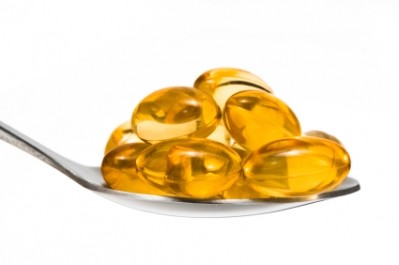Omega-3 boom eats into fish stocks, says study
Writing in the Proceedings of the National Academy of Sciences, Stanford University professor Rosamond Naylor said demand for fish oil and fishmeal has ballooned in the past decade to feed the growing popularity of Omega-3s.
Naylor said that fish oil and fishmeal made from Omega-3 rich wild fish are currently needed to ensure that farmed fish become rich sources of the fatty acids. Putting it in numbers, she said up to 5 pounds of wild fish are needed to produce 1 pound of salmon.
“Our thirst for long-chain omega-3 oils will continue to put a strain on marine ecosystems, unless we develop commercially viable alternatives soon,” said Naylor.
Regulation
So Naylor recommends tighter regulations to cut the use of fishmeal and fish oil in feeds.
The professor of environmental Earth system science said a 4 per cent reduction in fish oil would cut the amount of wild fish needed to produce one pound of salmon from 5 pounds to 3.9 pounds. She said this would be a much more efficient strategy than reducing use of fishmeal, a four per cent reduction of which would have very little environmental impact.
Regulatory moves to reduce fish oil use could affect supplies of Omega-3 but Naylor said it could also help speed up the search for alternatives. “With appropriate economic and regulatory incentives, the transition toward alternative feedstuffs could accelerate.”
Professor J T Winkler from London Metropolitan University told Nutra Ingredients that this search for alternatives is well underway.
Alternatives
Winkler cited algae as a potential source of the fatty acids but said that it is prohibitively expensive at the moment. He said the Omega-3 extracted from algae is now only suitable for use as an additive in high margin food products like supplements.
To meet broader scale demand, the director of the nutrition policy unit said GM soy and rapeseed crops could be the answer. Genes with high levels of Omega-3 could be added to the crops to make them suitable replacements for fish oil and fishmeal but research is still ongoing at DuPont, Monsanto and universities on both sides of the Atlantic.












